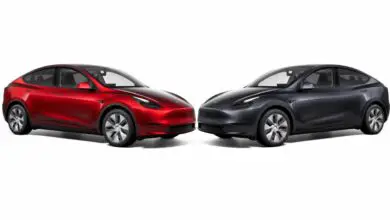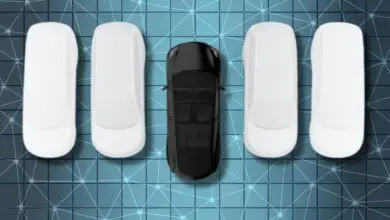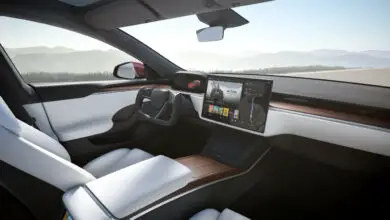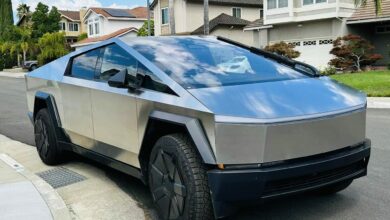Volvo Takes a Bold Step: Ending Diesel Production and Paving the Way for Electric Vehicles
As Volvo Commits to a Greener Future, Diesel-Powered Vehicles Will Soon Be a Thing of the Past
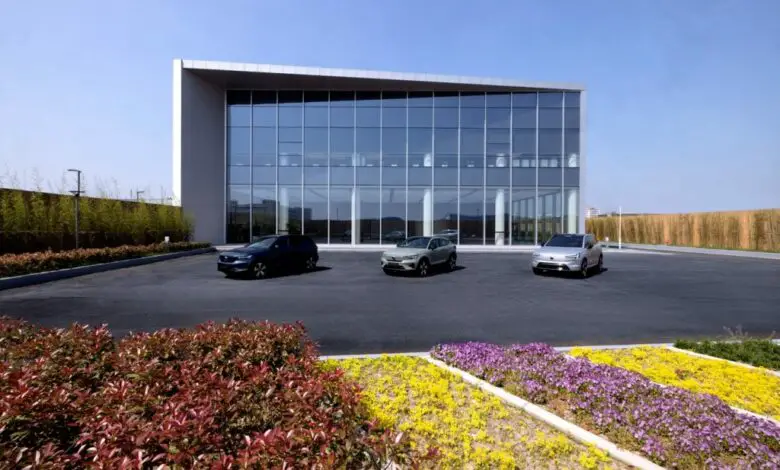
In a significant move aligning with the global shift towards sustainable transportation, Geely-owned automaker Volvo has unveiled its ambitious plan to cease diesel production. This announcement comes as part of the company’s commitment to Climate Week NYC and reflects their resolute dedication to reducing their environmental footprint.
Volvo is set to manufacture its final diesel-powered vehicle early next year, as revealed in a press release issued by the company on a recent Tuesday. This decision anticipates Volvo’s overarching goal: transitioning to an all-electric vehicle lineup by 2030 and achieving complete climate neutrality by 2040.
Volvo’s CEO, Jim Rowan, emphatically declared, “Electric powertrains are our future, and superior to combustion engines: they generate less noise, less vibration, less servicing costs for our customers and zero tailpipe emissions. We’re fully focused on creating a broad portfolio of premium, fully electric cars that deliver on everything our customers expect from a Volvo – and are a key part of our response to climate change.”
In the same press release, Volvo underscored its divestment from the joint venture Aurobay, which took place last year. This move signifies the company’s complete abandonment of combustion engine development assets, ceasing any further investment in research and development related to internal combustion engines (ICE). Furthermore, Volvo draws attention to the United Nations Global Climate Stocktake report, emphasizing the urgent need for climate action.
Anders Kärrberg, Volvo’s Chief Sustainability Officer, will participate in the Accelerating to Zero (A2Z) coalition event during Climate Week NYC. This event serves as a platform for collaboration among various companies, all working towards a collective transition to electric vehicles (EVs).
Jim Rowan, with a strong call to action, stated, “What the world needs now, at this critical time for our planet and humanity, is leadership. It is high time for industry and political leaders to be strong and decisive, and deliver meaningful policies and actions to fight climate change. We’re committed to doing our part and encourage our peers as well as political leaders around the globe to do theirs.”
In a noteworthy development from the previous week, Volvo announced a partnership with Connected Energy to recycle their past EV batteries into containerized battery energy storage systems (BESS). This initiative bears a resemblance to Tesla’s collaboration with battery recycler Redwood Materials. The BESS units will find application at Volvo’s production facility in Gothenburg, Sweden.
